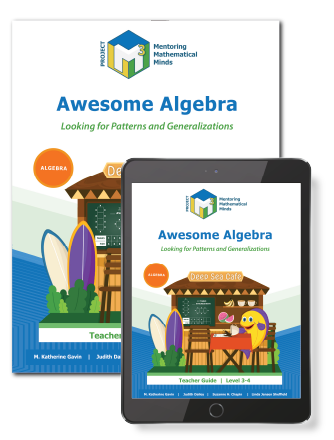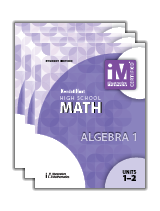Search Listing Name
product:
BSCS Science Tracks: Connecting Science And Literacy: Designing Sound Systems Teacher Edition
SCIENCE & TECHNOLOGY-This module allows students to explore various sound systems in "sound centers." In the centers, they make and compare sounds by striking, plucking, and blowing through objects. They describe and record their explanations of how the systems produce sounds. They search for sounds at home and in the neighborhood and describe and compare how those sounds are produced. In later lessons, the students investigate ways to change pitch and volume by changing something in a sound system. They develop a musical system using

product:
What a Find!: Analyzing Natural and Cultural Systems
What an appropriate title for an exploration of the field of archaeology! In this award-winning unit for grades 2-4, students are put in the role of junior archeologists at a research museum and discover that construction work has been halted on a new school because historic artifacts were discovered. To determine whether or not the dig is important enough to halt building the school entirely, students learn to excavate and actually conduct the dig -- carefully seeded with "historic artifacts."

product:
Project M3: Level 3-4: Awesome Algebra: Looking for Patterns and Generalizations Teacher Guide + 3 Year License
In this unit, students are encouraged to study patterns and determine how they change, how they can be extended or repeated and/or how they grow. They then move beyond this to organize the information systematically and analyze it to develop generalizations about the mathematical relationships in the patterns. There is a strong focus on mathematical discourse revolving around how to verbalize a generalization.
The Teacher Guide is designed to provide background information on the mathematics being taught in this unit, the learning environment, mathematical communication and

product:
Illustrative Mathematics: Algebra I Student Edition Set
IM Algebra 1 is a problem-based core curricula rooted in content and practice standards to foster learning and achievement for all. Students learn by doing math, solving problems in mathematical and real-world contexts, and constructing arguments using precise language. Teachers can shift their instruction and facilitate student learning with high-leverage routines that guide them in understanding and making connections between concepts and procedures.
product:
OpenSciEd Physics + Earth & Space Unit 2: Energy, Forces & Earth's Crust Student Edition
OpenSciEd High School addresses all high school NGSS standards. This comprehensive science curriculum empowers students to question, design, investigate, and solve the world around them.
- Phenomenon Based - Centered around exploring phenomena or solving problems
- Driven by Student Questions - Storyline based on students’ questions and ideas
- Grounded in Evidence - Incremental building and revision of ideas based on evidence
- Collaborative - class and teacher figure out ideas together
